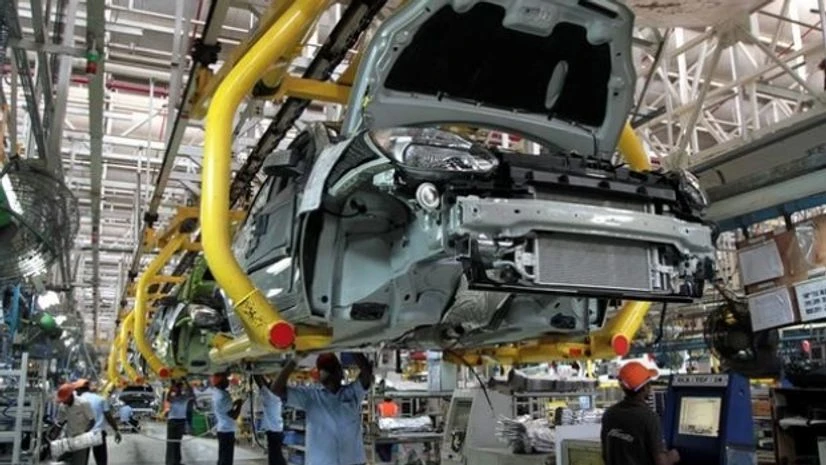Worried about the fate of earlier promised tax incentives on investments done in various states once the goods and services tax (GST) takes effect, automobile companies have been seeking assurances.
Company representatives, along with those from their apex body, the Society of Indian Automobile Manufacturers, have met at least three state governments in recent weeks. Those of Maharashtra, Gujarat and Karnataka are learnt to have told the executives that they will be honouring the earlier commitments.
“All three have assured us that the benefits will continue so that the viability of a project is not impacted,” said an official at Siam. Tata Motors, Mahindra & Mahindra and Bajaj Auto are among those with concerns, having made large investments to set up manufacturing units in return for state promotion subsidies.
This is given in the form of refund of the valued added tax or central sales tax paid or as a loan. Benefits vary from company to company but the total benefit to the industry is estimated to run into thousands of crores.
The Siam official said a meeting with the Tamil Nadu government has not taken place due to the demise of Chief Minister J Jayalalithaa early this month, after a long illness. “We have plans to do the meetings soon,” he added. Tamil Nadu is a key automobile hub — Hyundai, Ford, Renault-Nissan and BMW have all invested.
States continue to vie to attract investments in sectors such as automobiles which have a large multiplier effect on local economies.
More From This Section
“If the promised benefits are not honoured, a state risks future investments,” said an industry official.
GST is expected to kick in from April or September next year; it is to replace all existing central and state taxes.
Since GST gets levied at the point of consumption, which could be outside the state where of production, a mechanism will have to be instituted to re-channel the incentives to companies.
D K Srivastava, chief policy advisor at Ernst & Young, said non-tax incentives promised by states can comfortably continue even under GST. There will be problems in honouring the tax incentives. “Such a decision, whenever it happens, will not be specific to one sector,” he added.
Other than investments in the above four states, automobile companies have invested on manufacturing units in Uttarakhand, to take advantage of sops like excise waiver and a lower central sales tax for a number of years. The validity of some of these benefits continues beyond 2017 when GST comes into effect.
Hero MotoCorp and Bajaj Auto have invested in the state.
Siam said it had also met officers in the revenue department of the Union finance ministry and got an assurance that the benefits of excise would be reimbursed in some form for the remaining duration after GST implementation.

)
